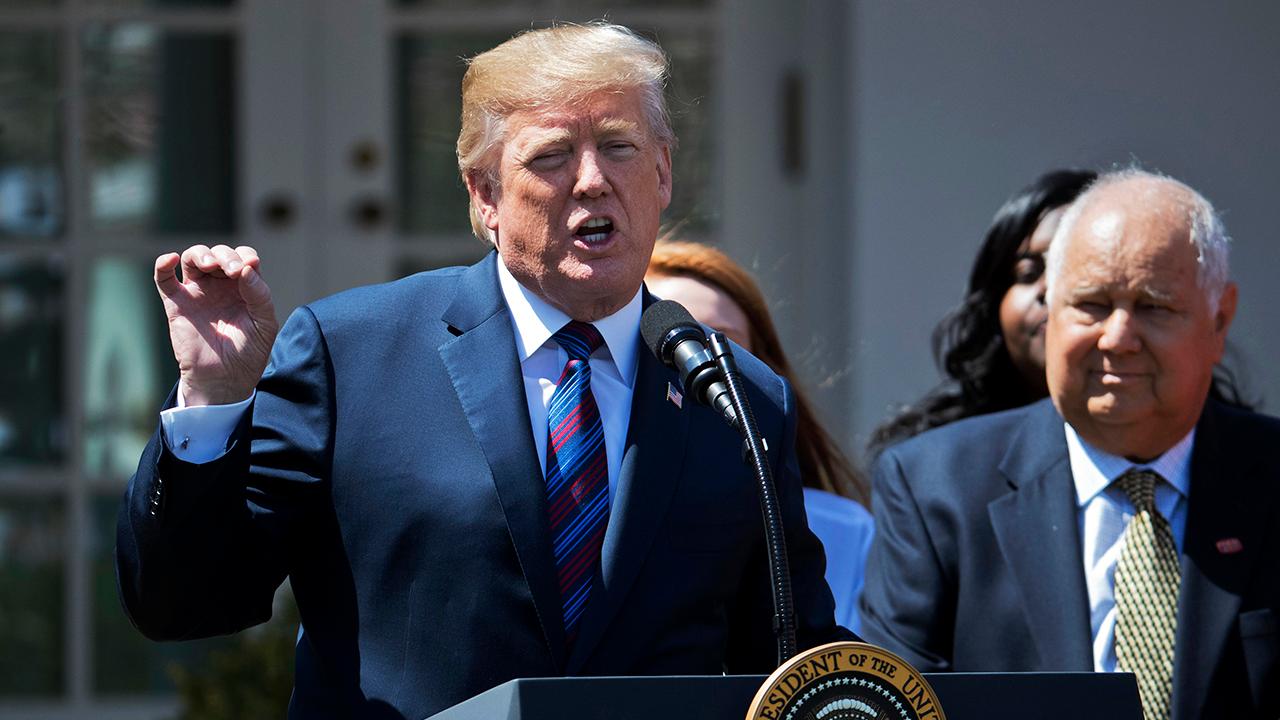China IPO frenzy seen as tech companies weigh market debuts
China’s internet companies are reportedly pushing to go public at a rapid pace, which could drive tens of millions of dollars into local stock markets.
At least a dozen companies with collective valuations of about $500 billion are in talks to go public later this year or in early 2019, according to a report from The Wall Street Journal, which cited people familiar with the discussions. If all those IPOs go through, that is at least $50 billion worth of new shares in China’s markets.
Smartphone and connected device maker Xiaomi filed for a Hong Kong initial public offering on Thursday that could raise $10 billion and become the largest listing by a Chinese technology firm in almost four years, according to Reuters..
China is pushing for Saudi Arabia’s state-owned oil giant, Saudi Aramco, to list in Hong Kong.
Charles Li, the chief executive of Hong Kong Exchanges & Clearing Ltd., expressed confidence at a Wall Street Journal conference in the city that the company would eventually list there. President Donald Trump has publicly advocated for Saudi Arabia to list the oil giant on a U.S. exchange, such as the New York Stock Exchange, but the company faces litigation concern arising from U.S. legislation that would allow family members of 9/11 victims to sue the Saudis.
As previously reported by FOX Business, China is making a push to attract and maintain more high-powered listings, in addition to bringing back some prominent companies that have listed elsewhere. While many companies have decided in recent years to list overseas in order to attract more consistent sources of financing, the country’s securities regulator is looking to launch a class of securities in a bid to persuade big names to stay.
A U.S. delegation including Treasury Secretary Steven Mnuchin is in China on Thursday and Friday to negotiate trade terms amid a tit-for-tat tariff conflict. President Trump has criticized China’s intellectual property laws, alleging that the country steals technology from U.S. companies.
